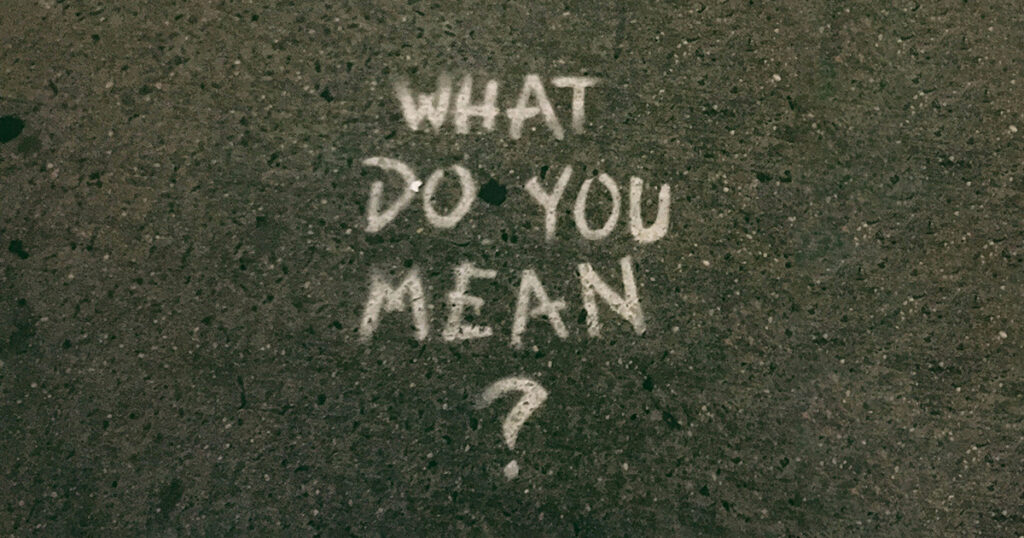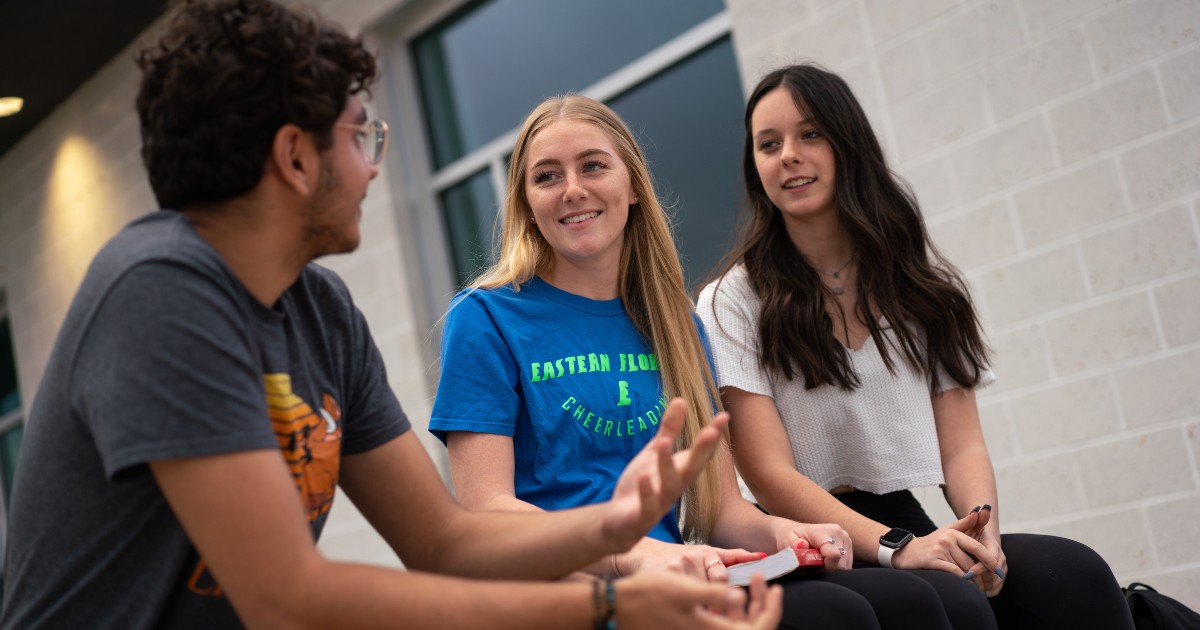“What superhero are you most like?” “If you were a utensil, what would you be?” “How many golf balls could you fit into a limousine?” These job interview questions are real; however, they are also rare. Fortunately, most interviewers tend to ask similar questions. In other words, preparing answers to specific questions in advance will help you to feel more confident during an interview (after all, interviews make all of us nervous).
Here are five questions you’ll probably be asked in your next interview and how to answer them like a pro!
1. Tell Me About Yourself.
If you’re thinking, “Hey, that’s not a question!” then you’re right on track. This statement can be a challenge for an unprepared applicant.
What the Interviewer REALLY Wants To Know: The interviewer is most likely interested in your life experiences as they relate to the job you’re applying for, so limit your answer to relevant information.
How To Answer It: A good rule of thumb is to spend about one sentence each talking about (1) your past, (2) your present and (3) your future. Remember: the more relevant the information, the better! For example, if you were applying for a job as a writing tutor:
- Past: I was homeschooled through 10th grade and spent my free time reading classic literature and maintaining a writing blog with over 500 followers.
- Present: Right now, I’m dual-enrolled at Eastern Florida State College and completing my A.A. degree as a full-time student. I also like to volunteer at the public library on Saturdays and am a member of a writing club on campus.
- Future: My goal is to complete the first draft of my novel in two years while completing my B.A. in English Creative Writing at UCF. I believe this job is perfect for me because it will allow me to continue enhancing the English, grammar and writing skills I have developed throughout my education, while also pursuing my academic goals.
2. What Is Your Greatest Weakness?
This question often places first in polls about which interview questions stress people out the most. How can you tell the interviewer about your weaknesses and still get the job?
What the Interviewer REALLY Wants To Know: It’s a trick question! The interviewer doesn’t want to know your weakness; they want to know if you can honestly recognize areas of self-improvement and what you’ve done about them.
How To Answer It: When answering this question, don’t:
- Say “I’m a perfectionist!” Even if it’s true, it will sound like you’re trying to avoid the question.
- Choose something critical to the job. “I’m not a people-person” would be a poor weakness to name if you were trying to get a job in customer service!
Instead, spend one sentence briefly identifying your weakness. Then, spend the next two to three sentences explaining what you’ve done to overcome that weakness. For example:
“I struggle with being too blunt. My friends appreciate that I genuinely speak my mind, but sometimes it isn’t the most helpful way to word things. One thing that made a big difference is a series of conflict management videos on YouTube that taught me how to better communicate with different types of people. It still doesn’t always come naturally to me, but others have commented that I’m much more sensitive to people’s feelings and opinions than I used to be.”
3. What Do You Know About Our Company?
Uh-oh! A surprise pop quiz! Fortunately, if you did your homework, this can be one of the easiest questions to answer.
What the Interviewer REALLY Wants To Know: A more direct question might be: “Out of all the jobs you could have applied for, why did you pick us specifically?”
How To Answer It: Going into an interview knowing little to nothing about the job or the employer is a big red flag to your interviewer. Prove to the employer that you are familiar with them and that you applied for this specific job for a reason.
Before going into the interview, ensure you know enough about the employer that you could easily give a one-minute presentation about them, no-sweat. Here are some tips:
- Visit the employer’s website. The “About Us” section or the“Mission/Vision” page is an ideal place to start learning about core values, history and goals.
- Google the employer to see if they’ve made the news recently. Make note of one of the organization’s recent accomplishments — donating to the community, earning an award, being invited to an event or conference, making a new discovery, etc.
- Try to identify something you and the employer have in common. Ending your response with a note of commonality will give it an extra boost. If, for example, you discover that the business you applied for recently contributed donations to the local SPCA, and you have adopted an animal from the SPCA, this could be a way to connect to the company’s business culture.
4. Tell Me About a Time When You…
“…provided quality customer service.”
“…solved a complex problem.”
“…were on a tight deadline to complete a project.”
A question that begins with the words “tell me” means you get to impress your interviewer with a story about your experiences!
What the Interviewer REALLY Wants To Know: Results! What was the ultimate result of your experience? More than anything, you want the story you tell to end in success.
How To Answer It: To ensure you don’t spend too much time answering this question, use a special acronym called the S.T.A.R. Story (which stands for Situation, Task, Action and Result). Spend one sentence per letter fleshing out your answer. For example:
- Situation: One day, when I was working as a waiter at restaurant X, we were short-staffed, and as a result, a family of eight people had to wait over an hour for their meal.
- Task: I knew the family would be frustrated by the wait and had to ensure they left satisfied.
- Action: I asked my direct supervisor if we could offer the family free desserts to make up for the wait time.
- Result: My supervisor agreed to offer the family a free dessert per person, and the family left a positive review on the restaurant’s website, specifically mentioning my name.
5. Do You Have Any Questions for Me?
How the tables have turned! Now it’s your turn to be the interviewer!
What the Interviewer REALLY Wants To Know: No matter the interviewer’s motivation, they’ll view the questions you ask as a sign of your interest in the position.
How To Answer It: First, make sure you answer it! Always go into the interview with a question ready to ask, as this reinforces your interest in the job. The best kinds of questions will impress the employer by showing your eagerness to fulfill the position, as well as help you learn more about the job and the people you’ll be working with, such as:
- “What do you enjoy most about working here?”
- “What is one skill or experience I haven’t already mentioned that would make me a great fit for this job?”
- “What is the biggest need that this organization has, and how can I help meet it?”
- “How do you define success in this job?”
Did you know that the Career Center at EFSC has a mock interview simulator you can use from home? Or that you can virtually meet with a Career Center Coordinator to prepare answers to tough interview questions? Be sure to get in touch so that you can walk into your first (or next) interview with confidence!




